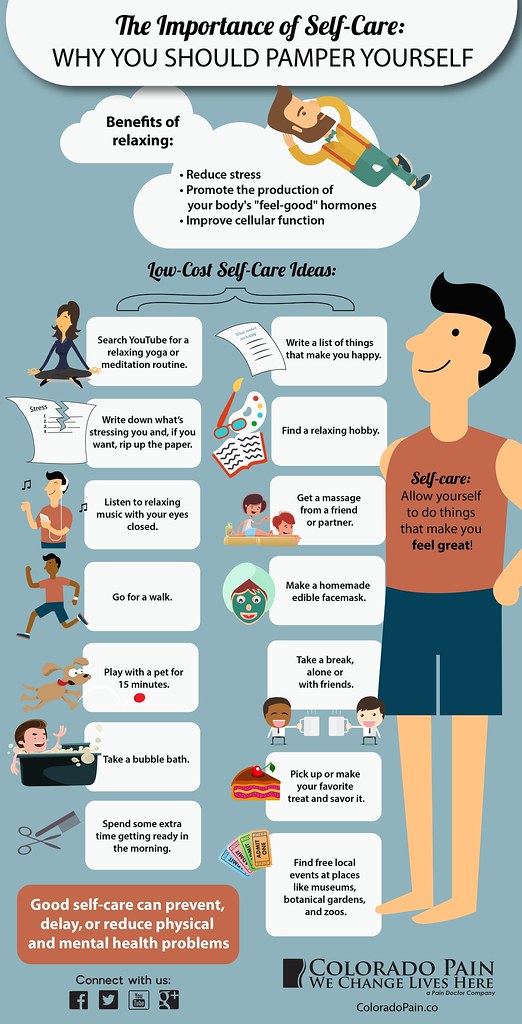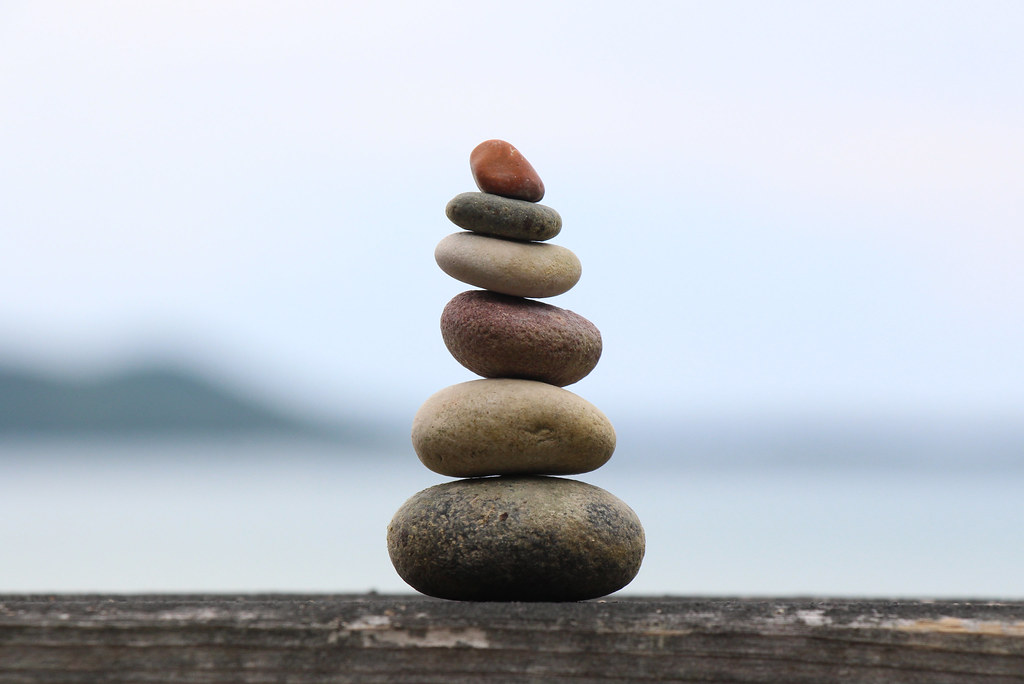No matter our ambition or challenges, it is essential that our journey in life be balanced between responsibility and creativity. Personal growth is a vital step in ensuring a strong sense of self and wellbeing; however, it is all too easy to become overwhelmed by the pressures of life and forget the importance of taking care of our mental health and self-care. Fortunately, it is possible to reach a harmonious balance of artistry and mental health through a few thoughtful steps. This article will explore the process of personal growth, encouraging balance between artistry, mental health and self-care.
1. Defining the Connection Between Creativity and Mental Health
Creativity has long been a cornerstone of human existence, from creative cave drawings depicting the dawn of storytelling, to the vast range of cultural expressions that make up the world we live in. But does creative expression have deeper implications for our mental health? Recent research has begun to explore the connection between creative practices and mental health outcomes, lighting the way for an exciting journey of self-discovery.
The relationship between creative expression and mental health is complex: It’s not only the act of making something new that augments our wellbeing, but the positive relationships crafted by art practice and the deeper connection to self that art exploration can bring.
- Creativity can alleviate symptoms of depression and anxiety. Positive emotional states can be cultivated through creative practice, such as sculpting or painting, releasing serotonin that can help regulate mood and tackle troubling thought patterns.
- Creativity can invite and cultivate connection. Expressing ourselves through music or storytelling can draw us closer together, and help us appreciate and tolerate differences. Social parties that encourage creative contributions, such as art and craft night, or zine-making, can breed an atmosphere of support and connection in our communities.
- Creativity can reduce stress. By finding a creative outlet, such as gardening, jewelry-making, or theater performance, we can channel uncomfortable or harmful emotions into something productive. This type of task-driven focus can cultivate a sense of accomplishment that can help reduce stress levels.
The research is clear: Engaging in creative pursuits and expression plays a major role in managing mental health and fostering connection. It’s time to explore the power of creativity and see what journey it can take us on.
2. Understanding the Role of Self-Care in Personal Growth
Self-care is an essential component of personal growth. It is a way to take care of ourselves emotionally and physically. Not only can self-care improve our sense of well-being, but it can also help us to stay motivated and focused on our goals. Here are a few ways that self-care can help us to keep growing and developing:
- Set Boundaries: It is important that we set healthy boundaries with ourselves and others in order to ensure that our needs are met and that our personal growth is respected. Setting boundaries also enables us to stay in control of our actions, thoughts, and feelings, which can promote more positive progress.
- Take Time for Yourself: It is essential that we make time to focus on our own needs as individuals. Whether it is engaging in physical activities, dedicating time to hobbies, or simply taking a few minutes for yourself, make sure to give yourself the opportunity to pause and reset. Taking care of our physical and mental health will help us to stay focused and content.
Self-care is a key tool to help us stay motivated and stay focused on our personal goals. By making self-care a priority, we can ensure that our personal growth will not go to waste. When we are able to prioritize our own needs and make personal growth a priority, we become more resilient and capable to conquer any challenge.
3. Strategies for Achieving Balance in Life
- Work Smarter, Not Harder – Focusing on working smarter rather than harder will help you deliver effective work and free up more time for fun activities. Make a to-do list of important tasks that need to be accomplished each day with a clear priority list so that you can achieve your goals more efficiently.
- Create Some Free Time For Yourself - Achieving a balance of work and play is important for both your physical and mental well-being. Take breaks in between your crucial tasks, and set aside blocks of free time to participate in activities of your choice – hobbies, casual sports, or just sitting back and relaxing.
Organize Your Life – Life can get overwhelming when you’re juggling different priorities, and one way to handle it is to keep an organized diary or planner. Write down upcoming activities, deadlines and tasks so that you can keep track without any effort and stay on top of your commitments. Setting realistic and achievable goals will also help you keep your life in balance.
Manage Stress Effectively – It’s essential to destress and relax after busy workdays. Incorporating activities like yoga, meditation, and breathing exercises will help you maintain your physical and mental health. Taking regular vacations and seeking support from people you trust are also important. This will help you remain productive while being healthy as well.
4. Taking Small Steps to Foster Change and Growth
Change and growth are key elements of personal and professional development. When looking to foster those two areas, it is important to focus on small, meaningful steps. These pieces may eventually contribute to larger, more ambitious outcomes. Here are 4 methods for :
- Take On Interesting Challenges: Pursuing challenging opportunities will help foster growth and give you the opportunity to learn something new. These experiences can also result in useful professional connections.
- Set Modest, Achievable Goals: Establishing achievable goals, such as „Complete one section of a course within a certain timeframe” or “Organize one room of your home”, can help you focus your efforts and further your progress.
- Engage in Self-reflection: Reflecting on the challenges and achievements of the day will help you process your experiences and develop ideas for improvement.
- Ask for Honest Feedback: Get input from people you trust on ways to improve your performance. This feedback can help you stay focused on what matters and motivate you toward your goals.
Making small changes and experimenting with new ideas are great approaches to move forward. Putting these methods into practice can help you foster change and growth throughout all areas of your life.
Key Takeaways
As we strive to become our most engaging and creative selves, it’s important to remember that it’s all about the journey. Learning how to balance artistry with mental health and self-care will look different for everyone, but the important takeaway remains: When it comes to personal growth, it’s vital to be gentle, kind, and patient with ourselves. Here’s to reaping the rewards of pursuing our passions with a healthy, balanced, and flourishing life.

